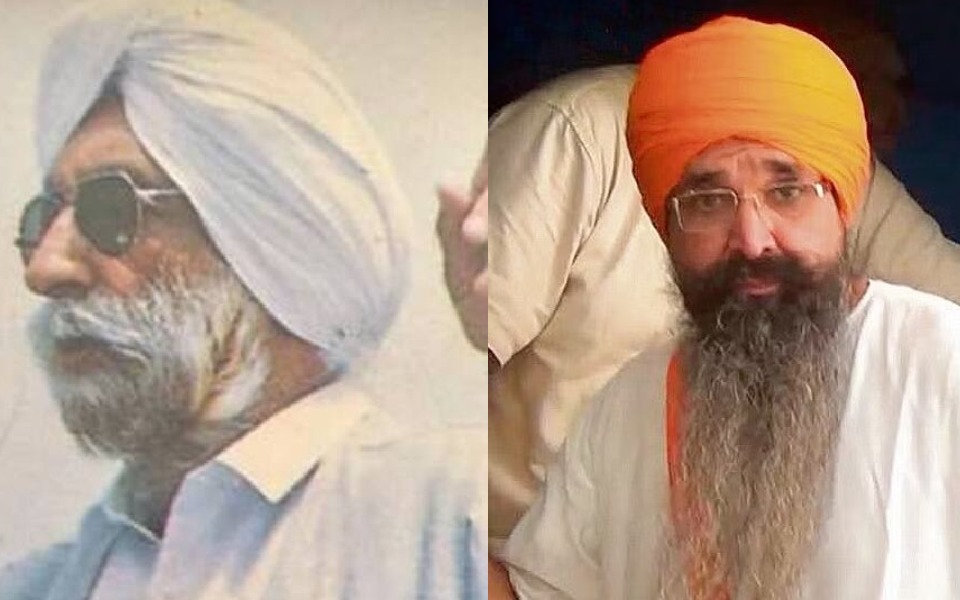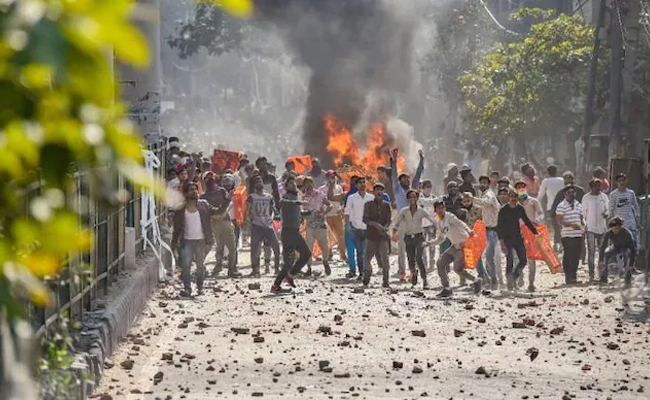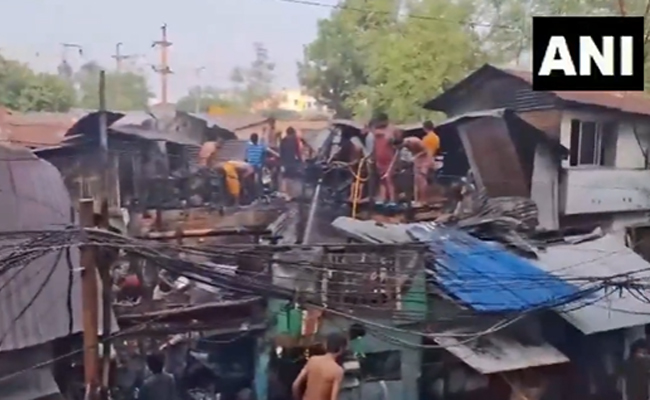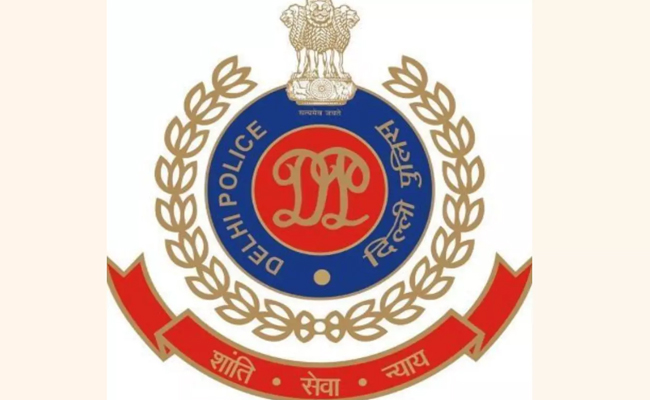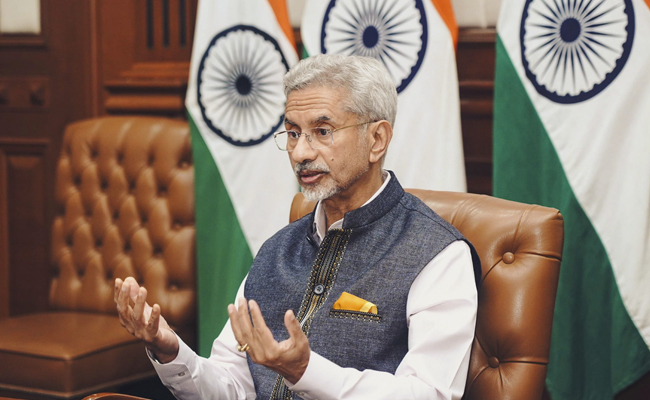New Delhi, Nov 4: The Supreme Court on Monday said it would consider the mercy petition of death row convict Balwant Singh Rajoana in the 1995 assassination case of then Punjab chief minister Beant Singh, if the Centre does not decide on it "either way".
Refusing to give any interim relief to Rajoana without hearing the Centre and the Punjab government on the issue, a bench of Justices B R Gavai, P K Mishra and K V Viswanathan adjourned for two weeks the former Punjab Police constable's plea seeking commutation of his death sentence to life term due to an "inordinate delay" in deciding his mercy petition.
"Decide it either way or we will consider it (Rajoana's plea)," the bench told Solicitor General Tushar Mehta, appearing for the Centre, after he informed the court that Rajoana's mercy plea was pending with the president's house.
Rajoana has been in custody for 29 years, said his counsel Mukul Rohatgi, while seeking his release till the mercy petition is decided.
"His mercy petition has been pending with the president's house for the past 12 years. Please release him for six or three months. At least let him see what the outside world looks like," Rohatgi submitted.
The bench was informed by the Punjab government represented by advocate Nupur Kumar that they need some time to file their counter affidavit in the case.
Mehta also submitted that Rajoana was convicted for assassinating the sitting chief minister of Punjab and he needs to seek instructions on the issue.
The bench, which refused to pass any interim orders, told Rohatgi, "We will give them two weeks time to file their counter-affidavit. We need to see their response."
On September 25, the top court had sought responses from the Centre, the Punjab government and the administration of the Union territory of Chandigarh on Rajoana's plea.
The then Punjab chief minister and 16 others were killed in a blast at the entrance of the civil secretariat in Chandigarh on August 31, 1995.
A special court sentenced Rajoana to death in July 2007.
Rajoana has said that a mercy petition under Article 72 of the Constitution was moved by the Shiromani Gurdwara Parbandhak Committee (SGPC) on his behalf in March 2012.
On May 3 last year, the apex court had refused to commute his death sentence and said the competent authority could deal with his mercy plea.
In his fresh plea filed in the top court, Rajoana has said he has undergone a total sentence of about 28 years and eight months, of which he served 17 years as a death row convict. It has been over a year since the top court directed the competent authority to decide on his mercy petition, he said.
The plea referred to an April 2023 order of the top court in a separate matter in which it directed all states and appropriate authorities to decide the pending mercy petitions at the earliest and without any inordinate delay.
"Despite the above directions, the mercy petition of the petitioner herein has been kept pending," the plea stated.
"It is submitted that this extraordinary and inordinate delay in deciding his mercy petition, for reasons beyond the petitioner's control and not attributable to him, is an infringement of his right to life guaranteed under Article 21," it said.
According to the plea, the issue of keeping mercy petitions pending for long and the incarceration of the convict has come up for consideration before the apex court in numerous cases.
In one of the cases, the plea said, the top court had directed to commute the death sentence to life imprisonment taking into consideration the delay of over five years in the disposal of mercy petition.
"It is respectfully submitted that an inordinate delay in decision of a death row convict's mercy petition (as in the present case) has consistently been recognised by this court as a valid enough ground for commutation of his death sentence," it said.
"The petitioner, a death row convict, has been awaiting a decision on his mercy petition for an inordinately prolonged period, being subjected to unimaginable mental agony on account of uncertainty over the fate of his life for an inordinate and unreasonably prolonged period, which is an assault on his right to life recognised under Article 21," the plea said.
Let the Truth be known. If you read VB and like VB, please be a VB Supporter and Help us deliver the Truth to one and all.
New Delhi (PTI): A court here has ordered framing of several charges, including murder, arson and dacoity, against 25 accused in a 2020 northeast Delhi rioting case pertaining to the assault of a police team that left head constable Ratan Lal dead.
Additional Sessions Judge Pulastya Pramachala also said the Constitution does not vest any right to a protester to use violence, assault, murder or damage any property. Therefore, the argument that the accused were exercising their constitutional rights, is totally misconceived, the court said.
The court was hearing the case against 27 people accused of being a part of a riotous mob that attacked and "brutally assaulted" a police team at the Chand Bagh protest site when officials tried to stop them from blocking the main Wazirabad road on February 24, 2020.
In its 115-page order passed on November 22, the court noted that Lal's postmortem report showed a firearm wound and 21 other external injuries.
"This firearm wound as well as five other wounds were found sufficient to cause death in the ordinary course of nature. Thus, the death of HC Ratan Lal took place because of the assault and gunfire shot received in the incident," the court said.
Lal, who was suffering from mild fever and was advised to rest by his colleagues, joined duty in view of the grave tension in the area under Dayalpur police station limits.
He helped the then DCP Shahdara DCP Amit Sharma and ACP Gokalpuri Anuj Kumar pacify a crowd and control it as the situation started heating up, the prosecution said.
Lal succumbed to 24 injuries he received while shielding officers when a riotous mob started attacking them.
Apart from Lal, the then DCP and ACP also sustained serious injuries, while 50 other policemen were also among the injured.
The court said on the day of the incident the protestors had a "clear objective" of resorting to violence so that they could show their strength to the government.
"The protesters not only gathered to show protest against CAA/NRC, rather they came well equipped with weapons with a mindset to use the same against the police force," it said, adding the riotous mob had the objective to "brutally" beat or assault the police officials wherever possible and also aimed to commit vandalism, loot and arson.
The court noted that a few days before the incident, a meeting was held, where it was decided to block the road and resort to violence when stopped by police.
"After the attempt to block main Wazirabad road on February 23, 2020, was neutralised by police, the emphasis on joining the protest in large numbers on February 24 and carrying weapons, shows that the organisers and speakers of the protest had framed a clear-cut mindset to attack police force," the court said, adding it was a preplanned criminal conspiracy.
"The preparations made to keep weapons in the tent of protest, or gathering of protesters equipped with different weapons, could not be a matter of coincidence. Moreover, keeping women and juveniles in the front to start pelting stones upon police, also appears to be a well-thought strategy," ASJ Pramachala said.
Noting the statements of the witnesses, the judge said there was a "persistent abetment" to incite violence by the organisers and speakers of the protest.
Ordering framing of charges of criminal conspiracy against 11 organisers and speakers of the anti-CAA/NRC meeting, the court said there was "prima facie" evidence against them.
The organisers were Mohammed Salim Khan, Saleem Malik, Mohammed Jalaluddin alias Guddu Bhai, Shahnawaz, Furkan, Mohammed Ayub, Mohammed Yunus, Athar Khan, Tabassum, Mohammed Ayaz and his brother Khalid.
The court also ordered framing charges against 14 other accused under various Indian Penal Code (IPC) sections for attacking the police team and rioting.
These include the provisions for murder, attempt to murder, attempt to commit culpable homicide, mischief by fire or explosive substance, causing grievous hurt to a public servant, committing rioting when armed with a deadly weapon, dacoity, unlawful assembly and sections of the Prevention of Damage to Public Property Act.
The 14 accused are Mohammed Sadiq, Suvaleen, Nasir, Arif, Mohammed Danish, Ibrahim, Badrul Hasan, Shadab Ahmed, Imran Ansari, Ravish Fatima, Adil, Sameer, Mohammed Mansur and Irshad Ali.
The matter has been posted on December 3 for formal framing of charges.
During the proceedings, the court also refused to entertain the argument of a defence counsel that his client Saleem Malik could not be prosecuted in the case as he was already being prosecuted in the larger conspiracy case.
It said, "Just because the accused is also named in the case of the larger conspiracy, he does not get exemption from prosecution in this case."
The judge, meanwhile, discharged one Mohammed Wasim alias Bablu, saying his identity as a part of the riotous mob was not established.
"Merely based on call detail records (CDRs) and appearance of this accused in some CCTV footages, which pertained to prior in time than the incident in question, I do not find sufficient evidence to presume that it was Wasim, who had thrown petrol bomb or that he was present in the mob."
The court also discharged another accused Sahid alias Shahbaz from whom a robbed pistol of a police official was recovered, saying he could be only charged under IPC section 412 (dishonestly receiving property stolen in the commission of a dacoity).
It said, "This accused cannot be presumed to be part of rioters, merely based on recovery of the robbed pistol. He is discharged for remaining charges."
The northeast Delhi riots, which started on February 24, 2020 and continued till February 26, 2020, resulted in the death of more than 50 people and lef over 200 people injured.

